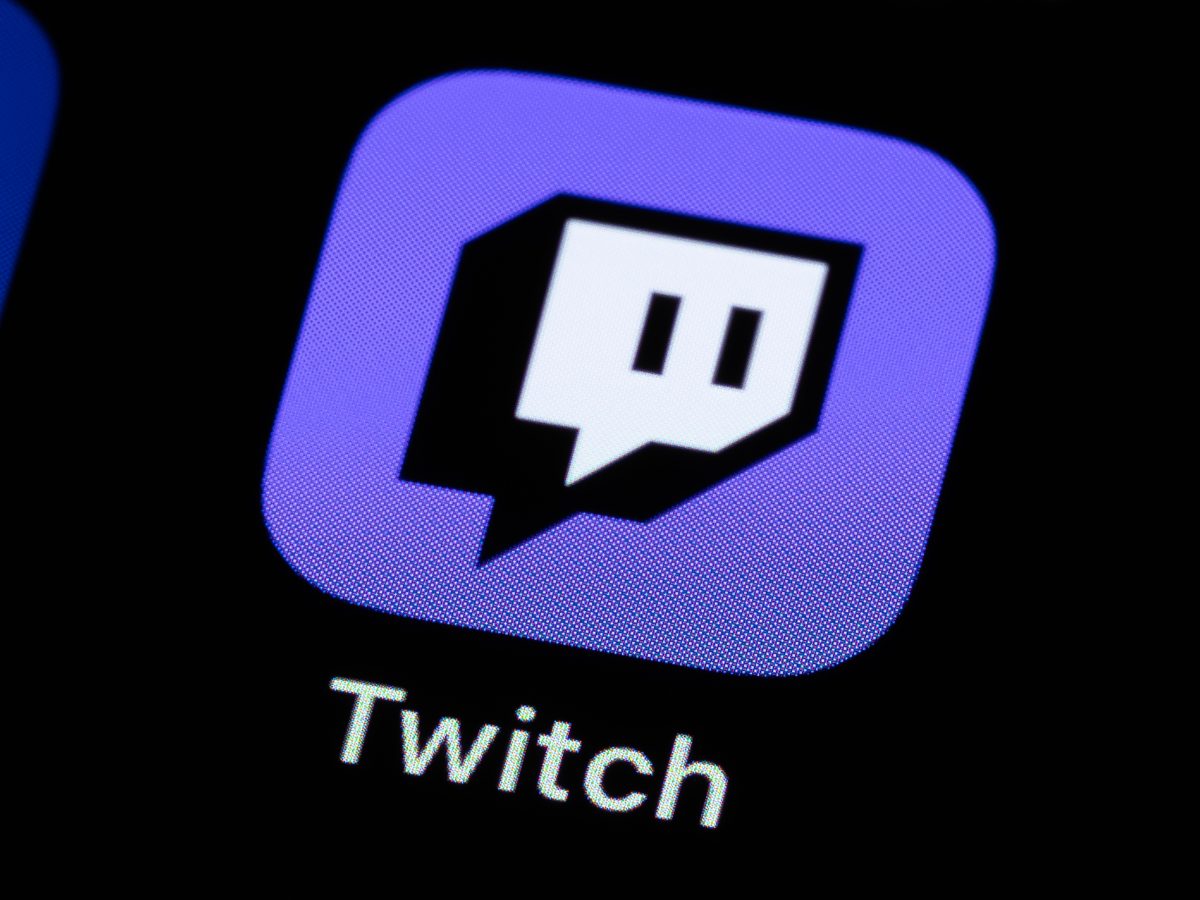
Twitch, once seen as the digital playground for passionate gamers and interactive streamers, is entering a new era, one saturated with celebrities, influencers, and viral faces seeking yet another platform to monetize their personality. But with the rise of big-name crossovers, audiences and longtime creators alike are asking: Is this authentic engagement, or just another cash grab?
When Twitch first emerged as a go-to for livestreaming, it was beloved for its rawness. No filters, no edits, just creators, their community, and a real-time digital connection that felt different from the overly curated feeds of Instagram or TikTok. Names like Kai Cenat, Berleezy, Adin Ross, and the AMP crew didn’t just stream for views; they built communities from scratch, forming lasting bonds with audiences who tuned in for hours of live content. These weren’t just fans, they were family. They witnessed streamers navigate milestones, controversies, and everyday life unfiltered.
Twitch is no longer just home to the OGs. From musicians hopping on live to do unstructured Q&As to actors starting spontaneous “Let’s Talk” streams, there’s a noticeable influx of public figures attempting to stake a claim in the space. Visibility isn’t inherently bad; however, the authenticity that once defined Twitch seems to be getting a bit lost.
That era is evolving quickly. Today, Twitch is becoming what YouTube once was for Gen Z Black women: a go-to platform for connection, personality, and building your tribe in real time. Lala Baptiste, India Love, and Brooklyn Frost are among the new wave of creators making Twitch their digital home. They’re not logging on for gaming, but for community building, soft life chats, storytimes, and connecting with fans live and unscripted. Like YouTube once gave us beauty tutorials and lifestyle vlogs from Jackie Aina or Aaliyah Jay, Twitch is now giving us unfiltered content from a new generation of creators doing things on their own terms.
For influencer and content creator Lala Baptiste, Twitch represents something deeper than a platform; it’s a chance to build a real bond with supporters. “I’ve even carved out my own lane for feminine, drama-free content where so many women relate to my girly side,” she shares. “It’s been the first platform where people truly get to know me beyond curated content. It’s been so rewarding to build an audience that loves me for me.”
That connection doesn’t come without effort. Lala explains that when she first started streaming, she had to navigate self-doubt and learn how to engage live without the polish of pre-recorded videos. “I underestimated myself, and if I’d fit in this space,” she says. “It’s given me a space to connect with my community in real time, show a more unfiltered side of myself, and build this fun, supportive little ‘Twitch family.’” Part of what encouraged her to take the leap was Kai Cenat’s Streamer University series, which gave her the push she needed to show up fully on the platform and create something real on her own terms.
Still, as more celebrities and brands tap into Twitch for its attention economy, it’s easy to see how the platform might fall into the same cycle as other social apps, where clout trumps connection. Viewers can spot when something feels transactional. As Lala puts it, “Anyone can hop on Twitch, but longevity only comes from being real.” Despite the money grabs, creators like her prove that Twitch is what you make it. Whether you’re logging on to play games, share advice, or host cozy girl talks, the beauty of the platform lies in how personal and customizable it can be.
Lala sees Twitch evolving massively for Black creators and women. “There’s truly a lane for every style, and so many fan bases now have someone they can relate to,” she says. “As a Black woman, I’ve carved out my space by staying true to myself—not focusing on viral moments but embracing vulnerability, softness, and independence. I want to inspire women to embrace their own journeys, whether through travel, divine femininity, or learning from my mistakes, while showing that authenticity is the key to thriving here.” Her approach highlights how Twitch is becoming more than just a streaming platform; it’s a community where diverse voices can flourish on their own terms.
The rise of celebrity-streamer collaborations has become more common—from SZA joining Kai Cenat’s stream to influencers popping into Twitch for short-term visibility—but the results often feel more forced than fulfilling. Yet even in this increasingly saturated space, creators are finding ways to make it feel new again. The return of sisterhood-style content, casual live convos, and creators like Lala embracing vulnerability prove that authenticity isn’t gone; it’s just evolving.
In this new wave, Twitch is no longer just a platform for gamers. It’s becoming a safe haven for the Black community that’s carving out their own digital neighborhoods. It’s a place where they don’t have to fit a mold, compete with noise, or go viral to be seen. Instead, they can build freely, connect deeply, and redefine what streaming looks like on their terms.
Twitch may be changing, but that change is what you make of it. And right now, a new class of creators is making it beautiful.